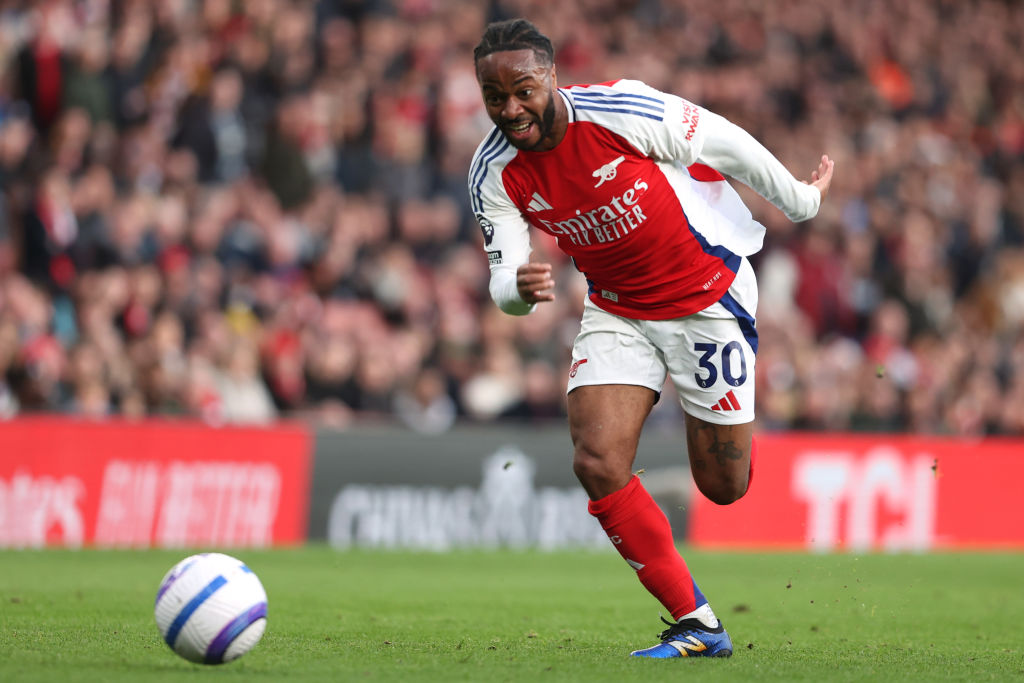FourFourTwo's guide to the Club World Cup
A new 32-team Club World Cup this weekend kicks off when Lionel Messi’s Inter Miami take on Al Ahly of Egypt. After a great deal of scepticism, can it establish itself as one of football’s most prestigious events?
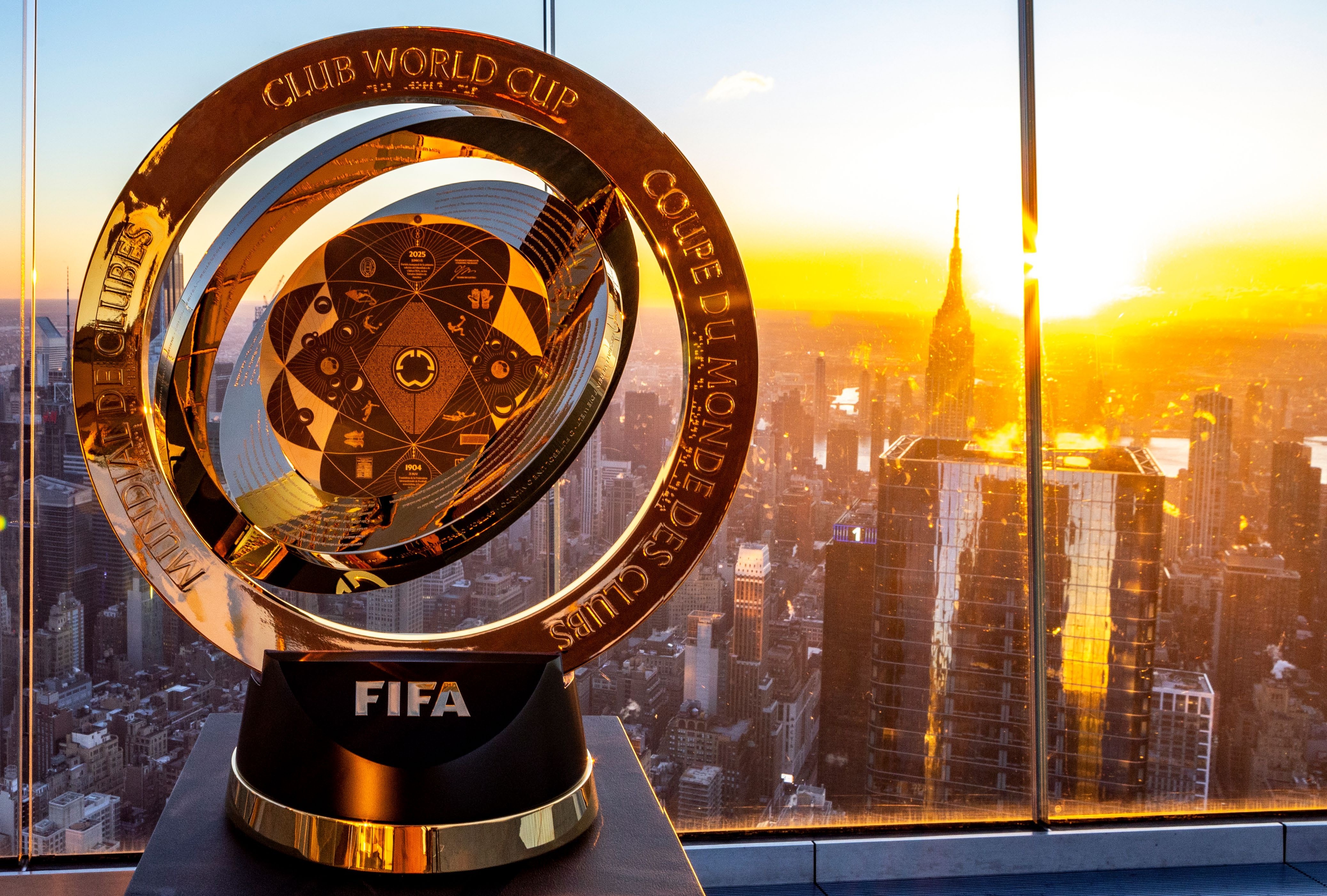
The best features, fun and footballing quizzes, straight to your inbox every week.
You are now subscribed
Your newsletter sign-up was successful
Want to add more newsletters?

Five times a week
FourFourTwo Daily
Fantastic football content straight to your inbox! From the latest transfer news, quizzes, videos, features and interviews with the biggest names in the game, plus lots more.

Once a week
...And it’s LIVE!
Sign up to our FREE live football newsletter, tracking all of the biggest games available to watch on the device of your choice. Never miss a kick-off!
Join the club
Get full access to premium articles, exclusive features and a growing list of member rewards.
Gianni Infantino had been FIFA president for a mere nine months when he unveiled his grand vision.
“Today, football is not just about Europe and South America,” he declared in November 2016. “The world has changed, and we need to make the Club World Cup more interesting for teams, and also for fans around the world. We are trying to create a tournament that’s more attractive, with more quality and more clubs. It will attract more sponsors, and television companies from around the world.”
Soon, the Confederations Cup was no more. Traditionally held a year before the World Cup as an eight-country test event for the host nation, it had its final edition in Russia in 2017. In its place this summer, four years later than planned, comes the new 32-team Club World Cup, held across 29 days in the USA ahead of their co-hosting of the 2026 World Cup.
The Club World Cup comes four years later than expected
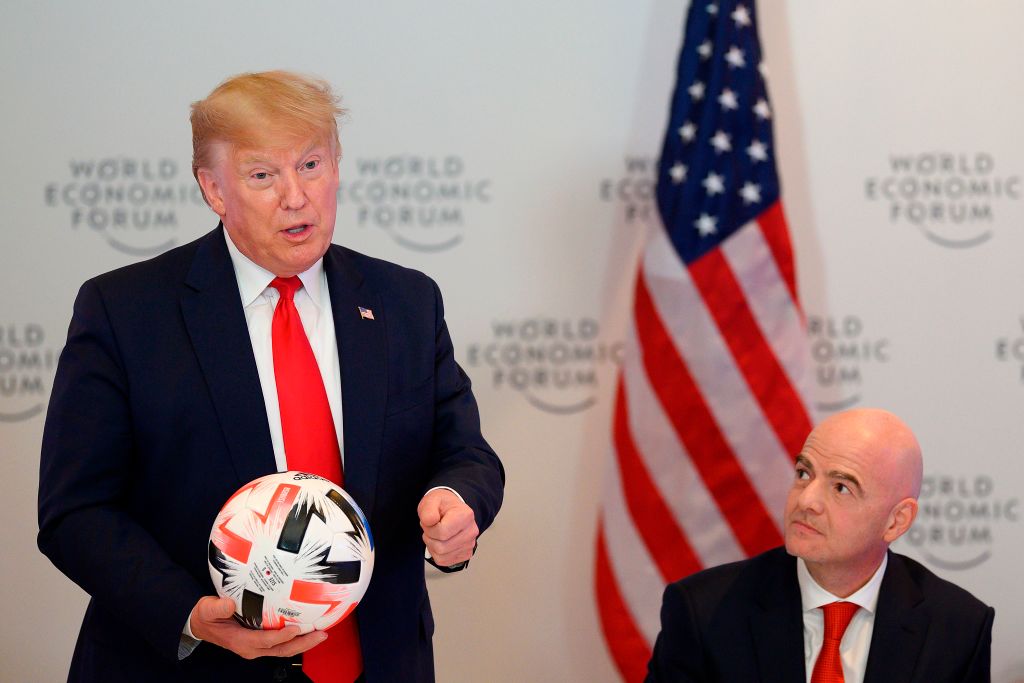
The expanded Club World Cup was supposed to launch in China in 2021, only for COVID-19 to intervene. The seven-team format, with just the champions from each continent, was huge in South America but didn’t catch the imagination of many others beyond the clubs competing in it.
Held annually, usually in December, it had to battle for attention with the domestic season and felt like an afterthought when compared with the Champions League final more than six months earlier. Infantino felt that if the competition to determine the best international team on the planet was both much-anticipated and lucrative, then club football’s equivalent deserved the same treatment.
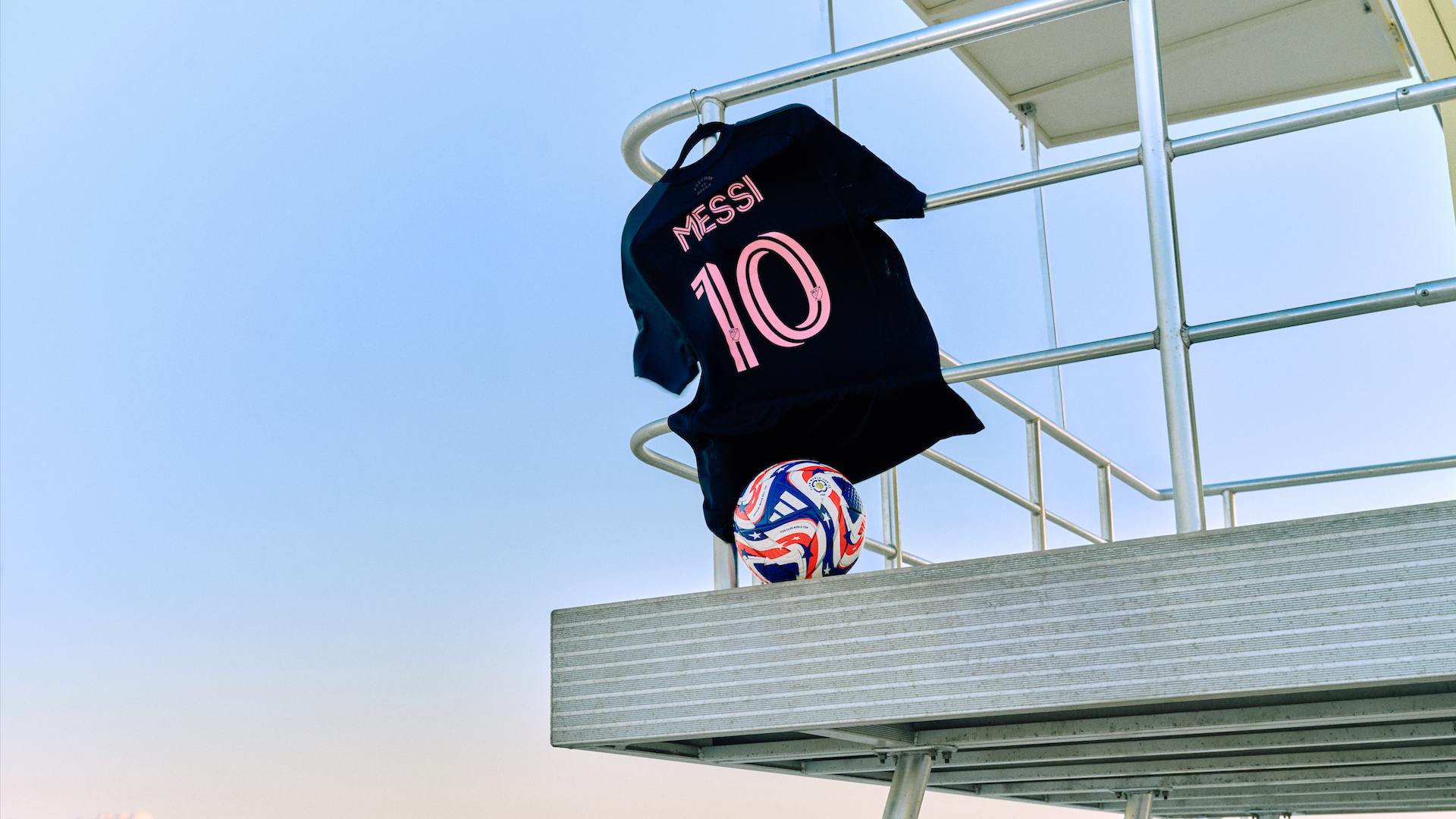
The expanded Club World Cup proved controversial before it even begun, and this summer’s debut will tell us plenty about its long-term prospects.
Brands to have signed partnership deals include Coca-Cola, Adidas, Visa, Hisense and Bank of America, while DAZN coughed up $1 billion (£787m) in December for the global streaming rights.
The best features, fun and footballing quizzes, straight to your inbox every week.
Not long afterwards, DAZN sold a minority stake in its company to Saudi Arabia’s PIF-owned SURJ Sports Investment, also for $1bn, amid reports that the nation may be helping to support the Club World Cup, having recently been given hosting rights to the 2034 FIFA World Cup. Up to then, TV companies were said to have been hesitant about offering large sums to show the new Club World Cup.
DAZN will stream every match live in the UK, though Channel 5 have since agreed a sublicensing deal to also screen 23 of the event’s 63 fixtures live on free-to-air television, including the final on July 13. The tournament will feature eight groups of four and a 16-team knockout traditional format of eight groups of stage, à la the World Cup, 1998-2022.
The winners of the last four Champions League finals qualified automatically, as did the last four Copa Libertadores winners – all different and all Brazilian, as it turned out – and the Asian, African and CONCACAF Champions League kings over that same period.
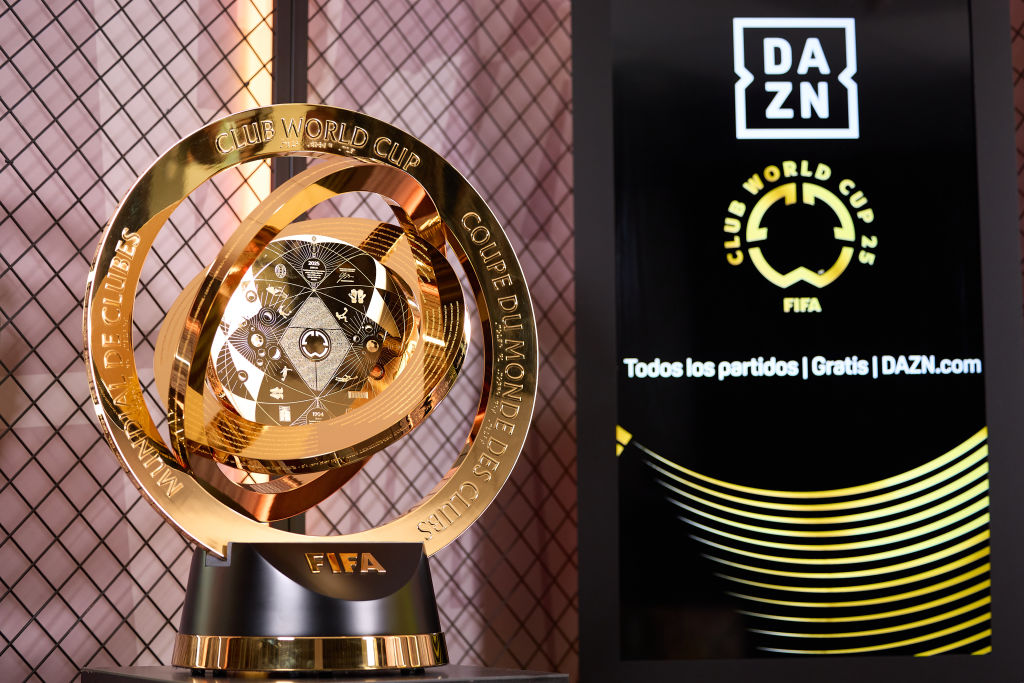
Among those to qualify automatically, then, were Chelsea (Champions League winners in 2021), Manchester City (2023) and Real Madrid (2022 and 2024). Other spots have been filled by the highest-ranked teams in the various continents across those four years. Europe have 12 spots in total, though they’re limited to two clubs per country.
That ruled out the new Premier League champions, Liverpool, who were ranked joint-seventh by UEFA and would have been in line for a place. No other English club would have qualified; Arsenal’s 2024/25 Champions League semi-final appearance came after the four-year qualifying period, in which they hadn’t done enough in European competitions. Surprisingly, fellow semi-finalists Barcelona won’t be at the Club World Cup, either – poor European showings in recent years ranked them below Atletico Madrid, who took Spain’s second spot.
Inter and Juventus made it in from Italy; Bayern Munich and Borussia Dortmund from Germany; and Porto and Benfica from Portugal, plus PSG and Red Bull Salzburg. The Austrians pipped Ajax to the final spot by virtue of being 18th in the UEFA rankings, earned through their fine Champions League displays from 2021 to 2024: three group-stage exits and a 7-1 humbling by Bayern in the round of 16.

Again, this is a competition to decide the best club in the world. Combine those European clubs with Boca Juniors, River Plate and Brazil’s Libertadores-winning quartet of Palmeiras, Flamengo, Fluminense and Botafogo, and there’s an intriguing mix. Cristiano Ronaldo’s Al Nassr won’t be there but Lionel Messi’s Inter Miami will, starting when they host the tournament opener against Egyptian giants Al Ahly in Florida on Sunday, June 15.
You’ll have to be up at 1am UK time to see it, mind. There’s one kick-off in the early hours nearly every day, though most group games start at 5pm, 8pm or 11pm UK time. Chelsea begin on Monday, June 16 and Manchester City two days later, with both having won the ‘old’ Club World Cup during the past half-decade. Chelsea could face Bayern in the last 16 if one of them finishes second in their group, while a similar scenario could pit Manchester City against Real Madrid for the 13th time in six years. This is not an exaggeration.
The 2025 edition has brought complaints

Inter Miami’s presence at the Club World Cup is not without controversy.
Messi’s side are conveniently taking part as representatives of the host nation, but eyebrows were raised by the speed at which FIFA awarded them a place after they finished top of the table in the 2024 MLS regular season. The US champions are officially determined by the subsequent play-offs – and Inter Miami were dumped out in the first round. LA Galaxy would have been the rightful qualifiers, but young fans and FIFA demand Messi, not Marco Reus.
The strongest complaints are from players’ union Fifpro, angry that another 63-match tournament could push elite players’ workloads beyond breaking point. Normally they’d be getting some much-needed rest in a summer without a major men’s international showpiece. It has created other complexities, too. Player contracts at European clubs tend to expire on June 30 – midway through the tournament. FIFA introduced an extra transfer window, a curious nine-day period from June 1 to June 10, allowing clubs to register players for the full tournament and recruit new ones, hence Real Madrid signing Trent Alexander-Arnold from Liverpool early.
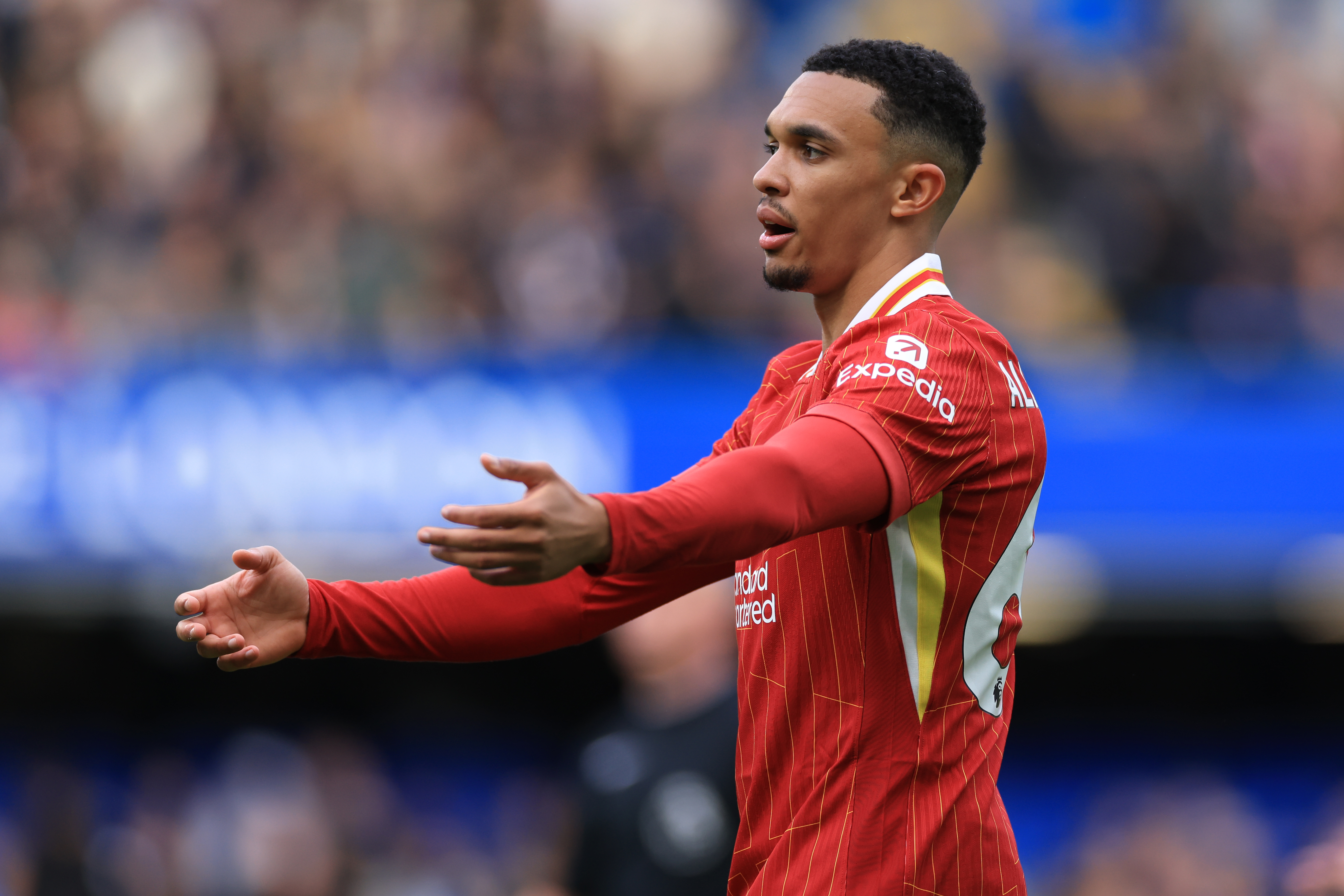
Even ticket sales haven’t been overly straightforward. Initially sky-high prices were slashed amid fears that stadiums wouldn’t look full (the cheapest ticket for the final started at $892 – around £700 – but is now much lower).
As a purchasing incentive, packages guarantee tickets for next year’s World Cup: if you attend two or three Club World Cup matches, you’ll get a ticket for the World Cup, and buying tickets to 20 games this summer earns you a place at the World Cup final. Five of the dozen stadiums will also be used at the 2026 World Cup, with New Jersey’s MetLife Stadium staging both finals. Nostalgic ’90s fans will be pleased that Pasadena’s Rose Bowl, which hosted the USA 94 final, gets a go this summer despite being overlooked for next year’s World Cup proper.
Meanwhile, Orlando has two Club World Cup venues: one bigger than Anfield, the other smaller than Ashton Gate. The tournament is scheduled to take place every four years from here on in. A bidding process for the 2029 Club World Cup is ongoing: Spain, Portugal and Morocco are the logical hosts ahead of their co-hosting of the 2030 World Cup, but Australia are also keen and there has been talk that FIFA may just give it to the US again.
Not confusingly at all, the previous, much smaller Club World Cup, which featured only the yearly champions of each continent, is now continuing to be played annually during winter under its new name: the FIFA Intercontinental Cup. Well, why have one competition to decide the world’s best club team when you can have two instead?

Chris joined FourFourTwo in 2015 and has reported from more than 20 countries, in places as varied as Ivory Coast and the Arctic Circle. He's interviewed Pele, Zlatan and Santa Claus (it's a long story), as well as covering the World Cup, AFCON and the Clasico. He previously spent 10 years as a newspaper journalist, and completed the 92 in 2017.
 Join The Club
Join The Club





